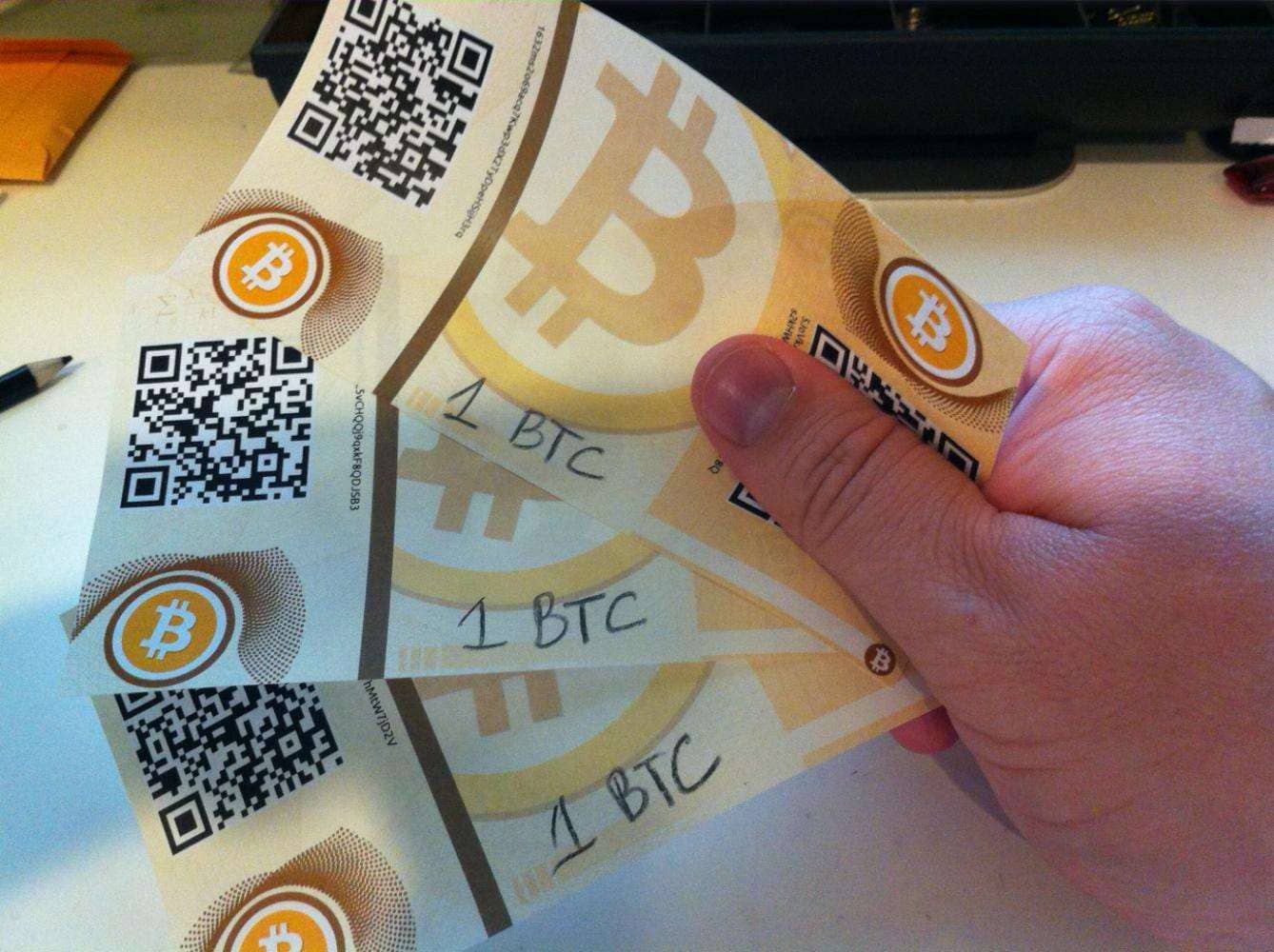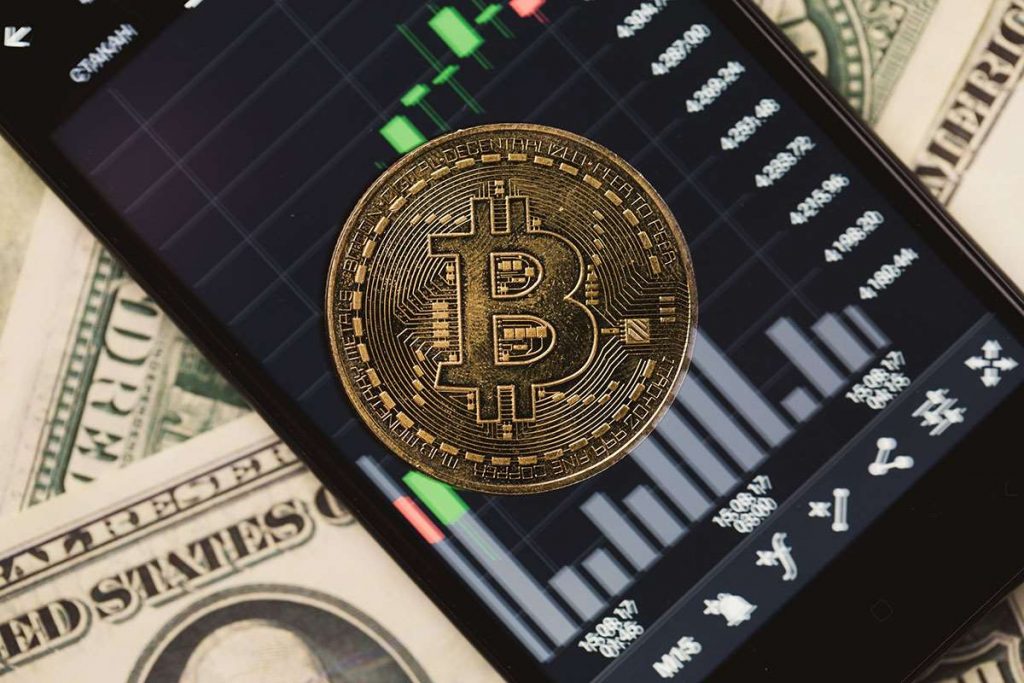Содержание
However, it would be best to guarantee that your computer is clean of viruses and malware because you own your key. Hot wallets are wallets that are in some manner connected to the internet. On the other hand, cold wallets are physical wallets that are not connected to the internet.

The best practice is to research the different types of Tether wallets as well as the features and limitations that come with each one. Our list below accounts for these factors, allowing you to make an informed decision and find the best wallet for your Tether holdings. Another drawback of a paper wallet is the inability to transmit partial amounts of money. However, the website frequently owns the key to your crypto with a web wallet.
“You would not want to give that to me because that would give me access to your account,” DeCicco says. You can share it with other people or institutions, so they can send money to you or take money from your account when you authorize it. These people usually view your public keys as a wallet address — a hashed, or more compressed, version of that public key. If you encrypt your desktop wallet, you will be required to provide your password every time you run the software so that it can read the wallet.dat file. If you lose this file or forget your password, you will most likely lose access to your funds. A hot wallet is any wallet that is connected somehow to the Internet.
If your wallet runs on software, update frequently and don’t keep using old versions of the software. Just last year, KuCoin experienced a hack worth more than $200 million. Though users’ funds were recovered, it highlights the risk any exchange can carry — just like traditional financial institutions. Whatever you choose, the first step is in researching some of the different options available.
Do You Need A Wallet?
For example, mobile wallets must be virus-free to keep your cryptocurrency safe. Furthermore, it would help if you exercised greater vigilance to avoid losing your phone. It’s similar to your password, which shouldn’t be hacked and shared with anybody. If someone gets access to your private key, there is a good chance that your account will be hacked, and you will lose all of your bitcoin deposits.
OmniWallet is a non-custodial web wallet used to store Tether on the Omni protocol. Here are the best Tether wallets detailing their features and advantages. When using cryptocurrency exchanges, you should consider making use of the protection tools available. Katie is a Staff Writer at MUO with experience in content writing in travel and mental health. She as a specific interest in Samsung, and so has chosen to focus on Android in her position at MUO.
How To Choose The Right Crypto Wallet
Your private key will never leave your device when generating transactions. The gadget asks for transaction/ payment information and then checks the data. Therefore, your private key will not leave the device in this manner. So you don’t need to download any specialised software to your computer or phone because you can access them through a browser. First things first, owning cryptocurrency is different from owning regular money.
There are two keys, the private and the public keys, that help you in transactions and dealings of cryptocurrency. The public key is used to assist other users in transferring crypto assets, and the private key is used to unlock them in the wallet simultaneously. Before you jump off to know the “different types of crypto wallets”, you must first understand them.
- Choosing the best crypto wallets makes storing and managing your cryptocurrency portfolio simple .
- As you progress through your journey and experience with crypto, you may end up owning multiple different tokens.
- A paper wallet is a type of cold wallet that is made up of a sheet of paper.
- Those more involved in actively transacting with crypto, on the other hand, may want the convenience and speed that an online hot wallet can offer.
- Having passwords, seed phrases, and other sensitive info for each wallet can become overwhelming and inconvenient.
- As a way to protect users’ funds, Binance only holds a small percentage of coins in its hot wallets.
Most software wallets today will handle the change for you, sending the remaining coins to an address that is part of your wallet. But the important thing to remember is that your paper wallet will be empty after sending its first transaction out – regardless of the amount. Thus, it’s crucial to backup your wallet.dat file and keep it somewhere safe. Alternatively, you can export the corresponding private key or seed phrase. By doing so, you will be able to access your funds on other devices, in case your computer stops working or becomes inaccessible somehow. If you don’t hold your private keys, you’re trusting your money to someone else.
You may access one through the crypto exchange you use to buy your coins, download a software program to your computer desktop, or even use a smartphone app. But because each of these options leave your public and private keys connected to the Internet, you may face a higher risk of hacking than if you use cold storage. These are sometimes called cold wallets or cold storage, and they store your keys crypto wallet types completely offline on a device not connected to the Internet. Sometimes paper wallets — wherein you print information about your public and private keys onto a sheet of paper — are even used as cold storage. There are multiple types of wallet that will store USDT, as shown in the article above. As the name implies, a desktop wallet is a software you download and execute locally on your computer.
Software Wallets
Given the complexity of the crypto industry, it’s fair to say that it’s made up of beginners, intermediates, and pros. And because of this, different crypto services work well with these different skill levels. Some wallets are perfect for beginners, like Exodus, with a simple user interface and easy navigation. The same goes for Trust Wallet, a mobile wallet that keeps things straightforward. The best crypto wallet for Android and iPhone might not be the best solution for someone looking for an offline, hard wallet solution, for example. Yes, there are many options that are technical, such as buying and setting up a hardware wallet for Tether .

You can trade all of these coins in the in-app exchange and order a crypto debit card that allows you to spend crypto in stores. As hot wallets are digital, it allows you to access your cash while on the move. If you think of a hardware wallet like the billfold you might keep in your purse, you can think of a software wallet like your online bank account. Some paper wallet websites allow you to download their code to generate new addresses and keys while being offline.
For example, when you create an account onBinance and send funds to your wallets, you are depositing into Binance’s hot wallet. These wallets are quite easy to set up, and the funds are quickly accessible, making them convenient for traders and other frequent users. On the other hand, some wallets work well for more advanced users who wish to do more with their crypto. This is the case with the Electrum software wallet for Bitcoin owners.
Best Crypto Wallet: Tether Wallet Faqs
You can also trade these currencies in the in-app exchange, or buy crypto with EUR and GBP fiat currencies. Every wallet has a public key, similar to an account number, and a private key, which you can think of as a password. These keys are strings of letters and numbers that correspond to your encrypted wallet software. But a private key is like your bank account password or the PIN to your debit card.
Essentially, a seed phrase works like a root key that generates and gives access to all keys and addresses in a crypto wallet. Also, if you opted for password encryption, remember to back up your password as well. Apaper wallet is a piece of paper on which a crypto address and its private key are physically printed out in the form of QR codes. These codes can then be scanned to execute cryptocurrency transactions.
A mix of cold and hot wallets could be the best option for those with considerable bitcoin holdings. A cold wallet can safeguard most assets, while a hot wallet can provide more flexibility. The wallet also includes an address, which is an alphanumeric identifier that is generated based on the public and private keys.
So you’ll have a bit less control over your cryptocurrencies due to this. In this article, let’s overview the different kinds of crypto wallets available. If you do choose cold storage, DeCicco recommends buying a device directly from the manufacturer, rather than secondhand. If you buy from a third party, you could risk the device being tampered with by a hacker who may have bought it, compromised it, and repackaged it for sale.
What Crypto Wallet Should I Use?
This method is also known as cold storage and is particularly suitable for long-term investors or “HODLers.” If you own any cryptocurrency and want to keep it safe, you’re going to need to find yourself a crypto wallet. Users have 24/7 access to customer support, as well as security features like two-factor authentication to prevent bad actors from remote access.
📌 Introduction
Game + finance = Gamefi
-Nowdays there are many different types of games build on Blockchain network. You can earn cryptocurrency and nft's by playing games in Gamefi ecosystem
-The nft and crypto you earned during the game are saved in your crypto wallet.
— Atul kumar (@atul_web3) April 15, 2022
Note that the coins never truly leave the blockchain; they are just transferred from one address to another. If you’re looking for a hardware wallet, try to find one that has a CC EAL5+ certified Secure Element chip. This is where https://xcritical.com/ your private keys are stored and is the same chip used in passports and credit cards. A recovery seed phrase is also essential, as this will give you access to your private keys and your funds if you lose or break your wallet.
What Is A Tether Wallet?
You establish a seed phrase using a hardware wallet to let you access your crypto if you lose your device. Since cold wallets aren’t connected to the internet, they’re usually more secure. To lose money from a cold wallet, it would have to be physically taken. However, this level of protection makes it more challenging to exchange cash when travelling. Before we learn about the types of Crypto wallets, let’s see how the private and public keys are related to a Crypto wallet. When you establish a Crypto wallet, you will be provided with a private key and a public key linked to your wallet.

As such, these wallets are highly resistant to online hacking attacks and may be considered an alternative to cold storage. When it comes to security, hardware wallets almost always take the cake. This is because storing your private keys offline means that cybercriminals cannot access your wallet via the internet and therefore can’t access it remotely at all. This kind of wallet is also impervious to system malfunctions, server crashes, and other related technological errors that could result in you losing your private keys. World-famous custodian BitGo secures your funds, keeping your wallet safe. Therefore, they’re highly suggested for people with a substantial amount of cryptocurrency or who plan to keep their assets for a lengthy period.
Users control their own keys, appealing to crypto die-hards but potentially alienating users seeking custodial support. CryptoWallet.com is a mobile wallet partnered with BitGo, an industry leader in digital asset protection. The app comes with a number of features including a debit card, IBAN number, customer support, and a built-in exchange.
Top 10 Best Ripple Xrp Wallets In 2022
A desktop wallet necessitates the installation of a programme on your computer. Next, you’ll create a data file using the program to store your keys. Finally, to get access to the keys, you’ll need to establish a password. Opt into two-factor authentication, and make sure any exchange or hot wallet program you use offers that as an option.
What Is A Crypto Wallet?
Danial equates it to your bank’s ability to simply freeze your account. DeCicco points to outages reported by account holders during the most recent dramatic dip in the crypto market as an example. Mobile wallets function much like their desktop counterparts but are designed specifically as smartphone applications.

